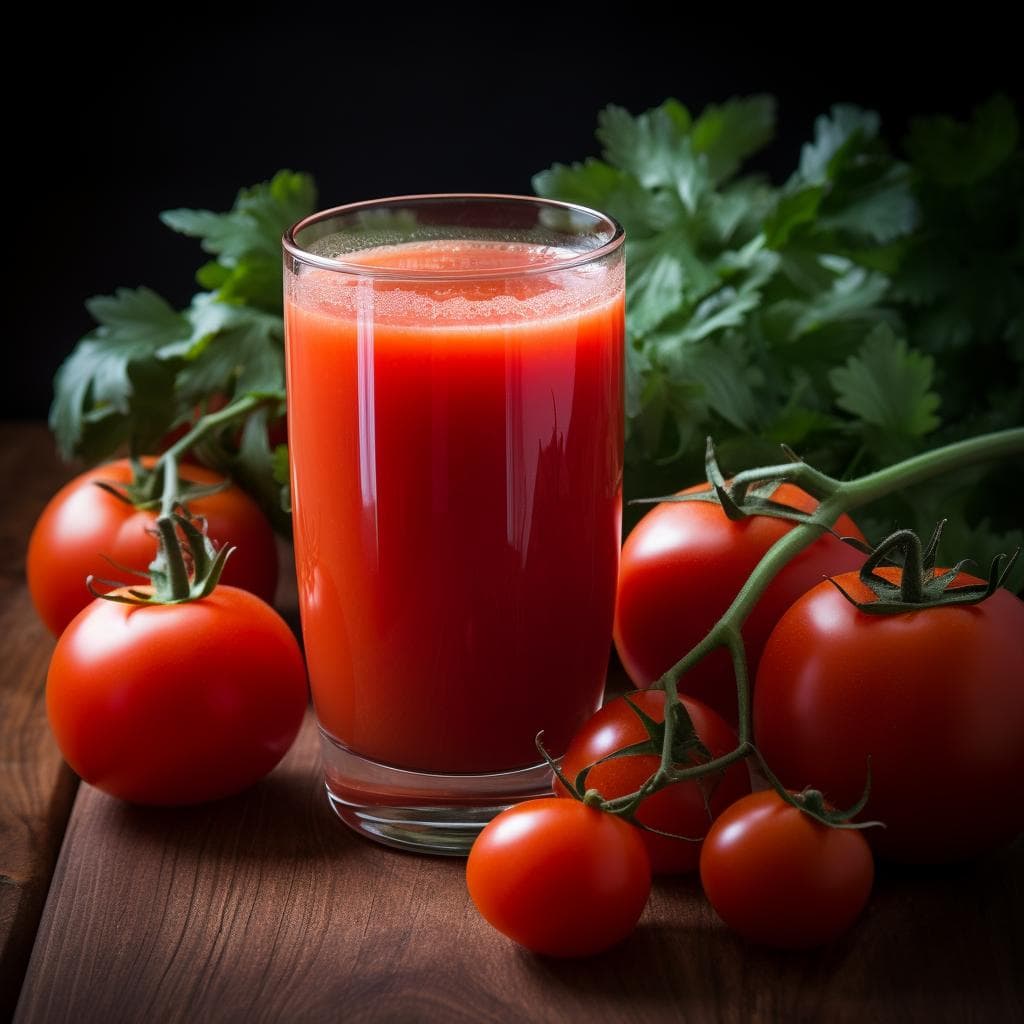Hypertension, commonly known as high blood pressure, is a prevalent health condition with significant implications for overall well-being. It can increase the risk of heart disease, stroke, and other serious health complications. However, research suggests that certain lifestyle modifications, such as incorporating tomato juice into the diet, may help manage blood pressure levels. In this article, we will explore the potential benefits of tomato juice for high blood pressure and delve into the scientific evidence supporting its use.
Understanding High Blood Pressure
High blood pressure occurs when the force of blood against the walls of the arteries is consistently too high. This condition puts strain on the cardiovascular system and increases the risk of heart disease and strokes. Factors contributing to the development of high blood pressure include genetic predisposition, excessive sodium intake, obesity, lack of physical activity, and stress.
Nutritional Composition of Tomato Juice
Tomato juice is packed with essential nutrients that can contribute to overall health. It contains vitamins C, A, E, and K, as well as minerals like potassium and magnesium. Additionally, tomatoes are rich in antioxidants, such as lycopene, which give them their vibrant red color.
Scientific Evidence on Tomato Juice and Blood Pressure
Numerous studies have explored the potential benefits of tomato juice in managing high blood pressure. Research has shown that the compounds present in tomatoes, including lycopene and other antioxidants, may help relax blood vessels, potentially leading to lower blood pressure readings. However, it is important to note that further research is needed to better understand the mechanisms of action and to establish clear recommendations.
Other Health Benefits of Tomato Juice
In addition to its potential impact on blood pressure, tomato juice offers other health benefits. Its high antioxidant content helps combat inflammation, neutralize harmful free radicals, and boost immune function. Tomatoes are also a good source of dietary fiber, which aids in digestion and promotes bowel regularity.
How to Incorporate Tomato Juice into a Healthy Diet
When it comes to incorporating tomato juice into your diet, moderation is key. Aim to consume one to two glasses of tomato juice per day as part of a well-balanced eating plan. You can enjoy tomato juice plain or use it as a base for smoothies, soups, or even salad dressings. Remember to choose low-sodium options and consider making your own tomato juice at home for maximum freshness and control over added ingredients.
Considerations and Potential Risks
While tomato juice can provide health benefits, individuals with high blood pressure should be mindful of sodium content. Some commercially available tomato juices may have added salt, which can increase blood pressure levels. It's crucial to read labels and opt for low-sodium varieties or make your own tomato juice using fresh tomatoes.
It's also advisable to consult with healthcare professionals, especially if you are taking medication for high blood pressure. They can provide personalized advice and help you determine whether incorporating tomato juice into your diet is suitable for your specific situation.
Lifestyle Factors for Blood Pressure Management
While consuming tomato juice may have potential benefits for managing high blood pressure, it is essential to combine it with other healthy lifestyle choices. Regular exercise, maintaining a healthy body weight, reducing sodium intake from other sources, managing stress levels, and consuming a balanced diet rich in fruits, vegetables, whole grains, and lean proteins are crucial components of maintaining overall cardiovascular health.
Conclusion
In conclusion, tomato juice shows promise as a potential dietary addition for individuals with high blood pressure. Its rich nutritional composition and potential blood pressure-lowering effects make it an enticing option. However, it is crucial to approach tomato juice consumption as part of a broader healthy lifestyle, in consultation with healthcare professionals.




